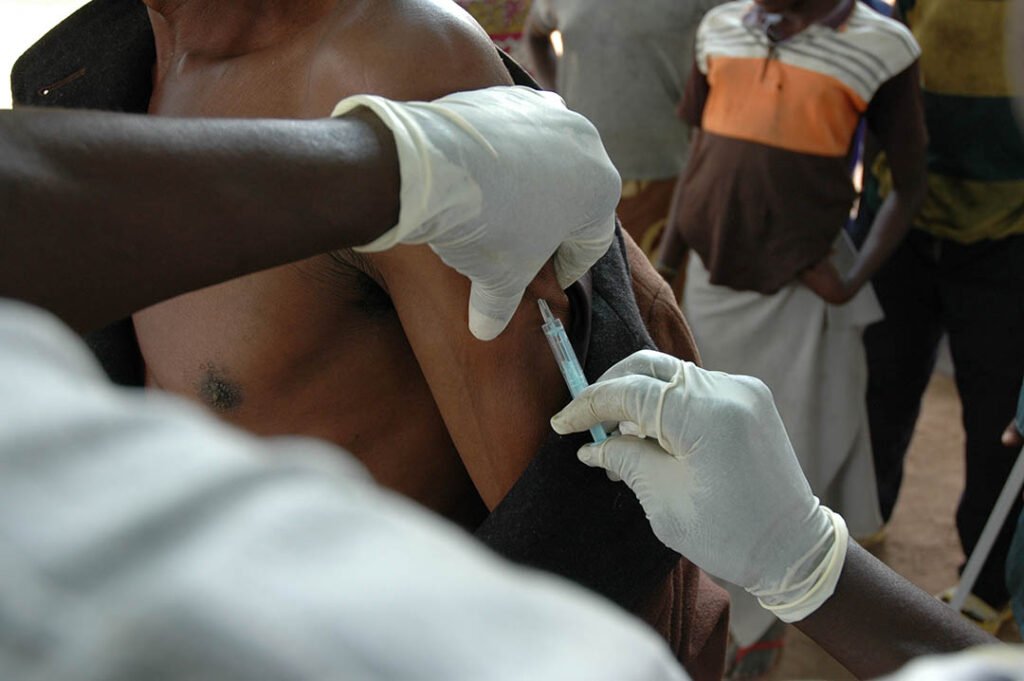The World Health Organization (WHO) has released a report that provides a detailed assessment of the potential role of vaccines in mitigating antimicrobial resistance (AMR). It is estimated that 44 vaccines against 24 pathogens could reduce the number of antibiotics needed worldwide by 22% annually. This is equivalent to 2.5 billion daily prescribed doses (DDD).
AMR occurs when bacteria, viruses, fungi and parasites become unresponsive to drugs, making the infection difficult to treat and increasing the risk of severe disease and death, the report said. An estimated 5 million people died worldwide in 2019. The report identifies systematic misuse and overuse of antibiotics in medicine, animal health, and agriculture as a key driver of AMR, one of the most important threats to global public health and development. I’m doing it.
The report, titled ‘Estimating the impact of vaccines in reducing antimicrobial resistance and antibiotic use’, highlights that the role of vaccines in reducing AMR is ‘underestimated’. Still, the paper argues that “vaccines have the power to train the immune system to mount defenses against a variety of pathogens before infection begins or becomes severe.”
The report found that existing vaccines could prevent up to 106,000 AMR-related deaths per year, as well as 9.1 million disability-adjusted life years (DALYs), $861 million in hospital costs, and $5.9 billion in lost productivity. It is said that this can be prevented. It also has the potential to reduce annual antibiotic use by DDD 142 million.
Vaccines in late and early clinical development have the potential to avoid additional deaths, DALYs, hospital costs, and lost productivity.
The report highlights the critical importance of vaccines in the fight against AMR. We recommend that these be incorporated into national and global AMR mitigation strategies and decision-making regarding vaccine development, introduction, and use. Specifically, the report recommends, among other things:
The impact of vaccines in reducing AMR is recognized by AMR and immunization stakeholders. The introduction of existing vaccines will be accelerated and their coverage expanded. Systematically assess the impact of vaccines on AMR and incorporate it into existing decision-making frameworks.
During the United Nations General Assembly (UNGA) High-Level Week in September, leaders adopted a political declaration committing to a set of goals and actions on AMR. The findings of this report, published on October 10, 2024, will contribute to the stated goal of reducing bacterial AMR-related deaths by 10% annually by 2030. (Publication: Estimating the impact of vaccines in reducing antimicrobial resistance and antibiotic use) (Publication landing page) (United Nations news article)

